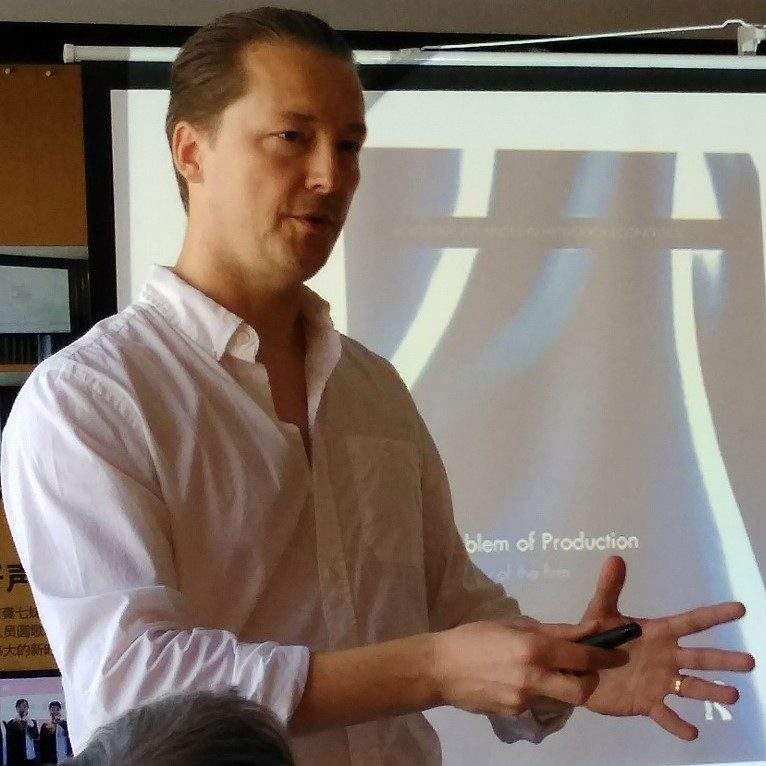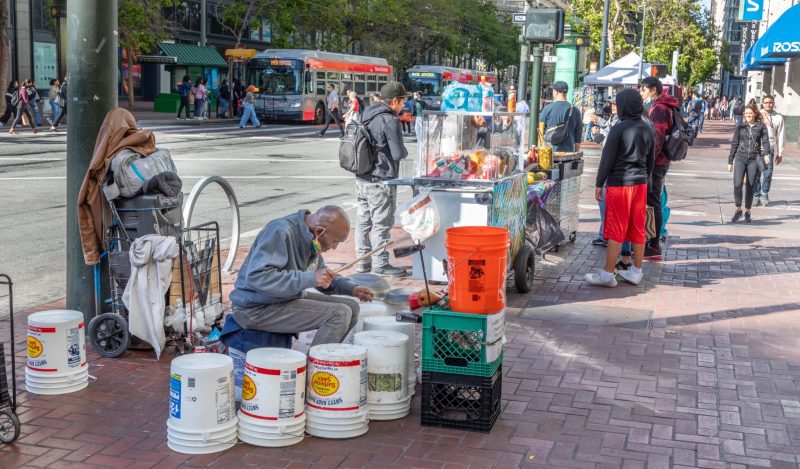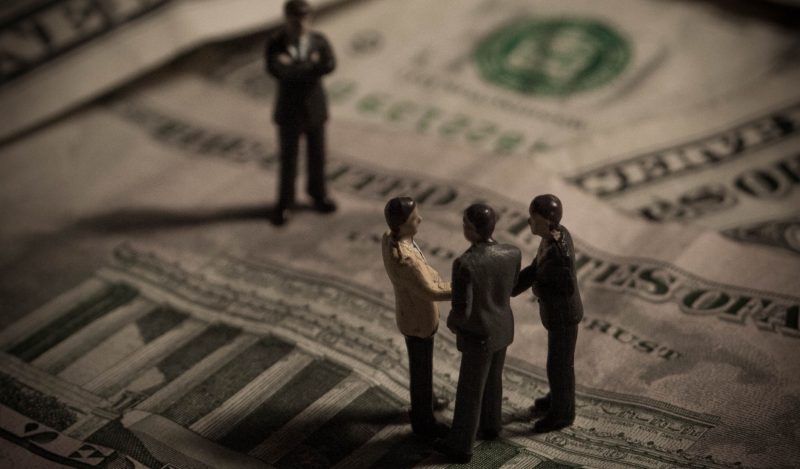The past few years have seen a lot of failures in both policy and scholarship. A common denominator to most or all of them is the failure to apply basic economic thinking. Strangely, this appears to apply also to economists, who not only were unable to make themselves heard but chose not to.
At the very core of economics is the lesson of scarcity; that choosing to do one thing means forgoing something else. The economic cost of any decision or choice is the opportunity cost, the other potential choices that no longer are available.
The obvious implication is that choices are costly and thus that each choice must be made wisely. In other words, both costs and benefits must be considered. It is from the perspective of economics, and from common sense, nonsensical to consider only an upside or downside and not the balance of the two. If I were to purchase an automobile, I would not only consider the qualities of the automobiles available – I would also consider the price, which is the purchasing power I must forgo in order to gain ownership of an automobile.
The same is of course true also in policymaking. The issue of questions like the minimum wage is not whether people want higher wages (which of course they do!) but at what cost. How will a higher legal minimum wage, which prohibits employment at wages below the stated minimum, affect the number of jobs, the size and location of firms, production outputs, and value creation in the economy?
The absence of economics
Strangely, policy decisions with respect to lockdowns, masking, and vaccine mandates overlooked the cost side completely. Lockdowns, if we for the sake of argument accept that they may have a clear upside, is a no-brainer if there are no costs, no drawbacks, no negative consequences at all. But this type of analysis, if one can call it that, doesn’t make much sense. As economics teaches us, nothing comes without a cost. Or as economics nerds put it, TANSTAAFL (There Ain’t No Such Thing As A Free Lunch).
It may be unfair to hold experts in other disciplines accountable for not applying economics. But the basic lesson of economics is really only common sense. Economics, simply put, can be understood as the science that formalizes this common sense understanding and applies it universally. In other words, you don’t have to be an economist to apply the core lesson of economics.
In fact, all policymaking typically recognizes it. This is why politicians and bureaucrats argue endlessly about which benefits and which costs are relevant for the particular policy and whether they were calculated correctly. It is also why Congress has instituted the Congressional Budget Office (CBO) to produce cost estimates for proposed legislation. So it is not a new or commonly overlooked issue. It is core to the policymaking process.
The absence of economists
People are also self-interested, however. This means that they would not mind overlooking or at least downplaying costs to make their preferred choices look better. And if the cost can be placed on someone else, which tends to be the case in politics, then the incentive is much stronger to pretend that the costs are lower than they really are.
The public choice tradition in economics teaches that politicians and policymakers are people too – they are not selfless servants seeking only to maximize the public good. They have their own goals and preferences, which are not always in line with the public good. There may also be partisan concerns that change the cost-benefit analysis. It is for this reason that the CBO was made independent and free of direct political influence – to make sure politicians make decisions based on unbiased estimates.
But in the pandemic, economists were not at all consulted. Instead, decisions were made based on simplistic analyses considering only the upside or only a singular variable. Worse still, economists were largely silent as policymakers adopted unprecedented measures. Any economist would be able to immediately identify a handful of more or less obvious costs of imposing lockdowns, from social consequences like depression, abuse, and suicides to economic ones like lost businesses, jobs, and prosperity. Yet economists as a profession produced only crickets.
Economic literacy is a civic duty
Economists undoubtedly should have done more to be heard during the pandemic. Their failure should not be overlooked. However, there is another failure of economists that facilitated the disastrous pandemic policy. Economists, whether or not they are employed as educators, have a professional duty to educate the general public in basic economic thinking. Yet economic illiteracy is widespread, which means few have the tools to properly assess proposed policies.
Economic illiteracy is an important part of the explanation of why there was such broad acceptance of the pandemic policies. And also why there was very limited skepticism among common people. Had they understood economic reasoning, they would have been inoculated (if you excuse the pun) against being deceived by experts. They would have been able to see through the promises and would have asked the necessary questions.
It is not much of an exaggeration to state that it is, or at least should be, a civic duty to have some economic understanding. Too few have the economic intuition that would allow them to call bullsh*t when policymakers seek support, whether active or passive, for outrageous policies. If more people had the skills of basic economic thinking, policymakers, bureaucrats, and experts would be kept on their toes. And they would not be able to pretend their policies have only upsides. Even in states of emergency.
Published under a Creative Commons Attribution 4.0 International License
For reprints, please set the canonical link back to the original Brownstone Institute Article and Author.









